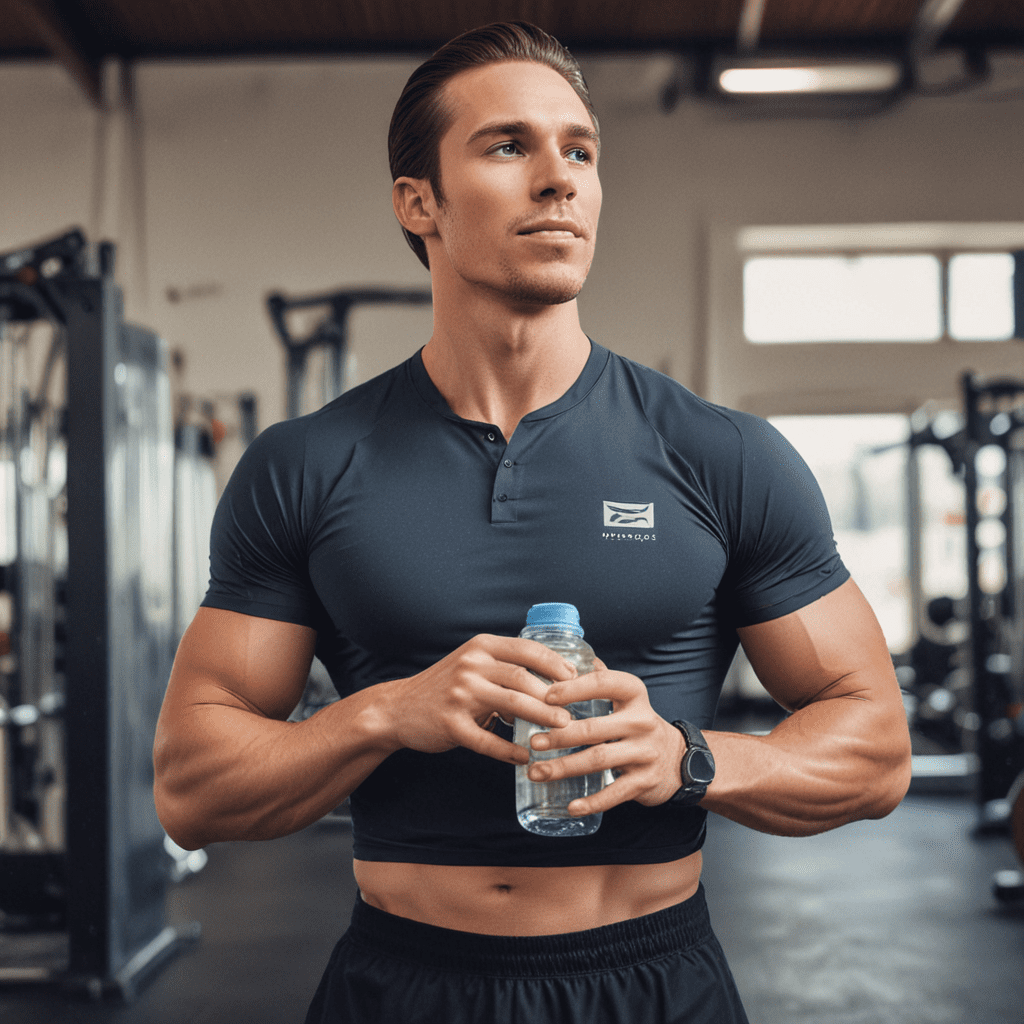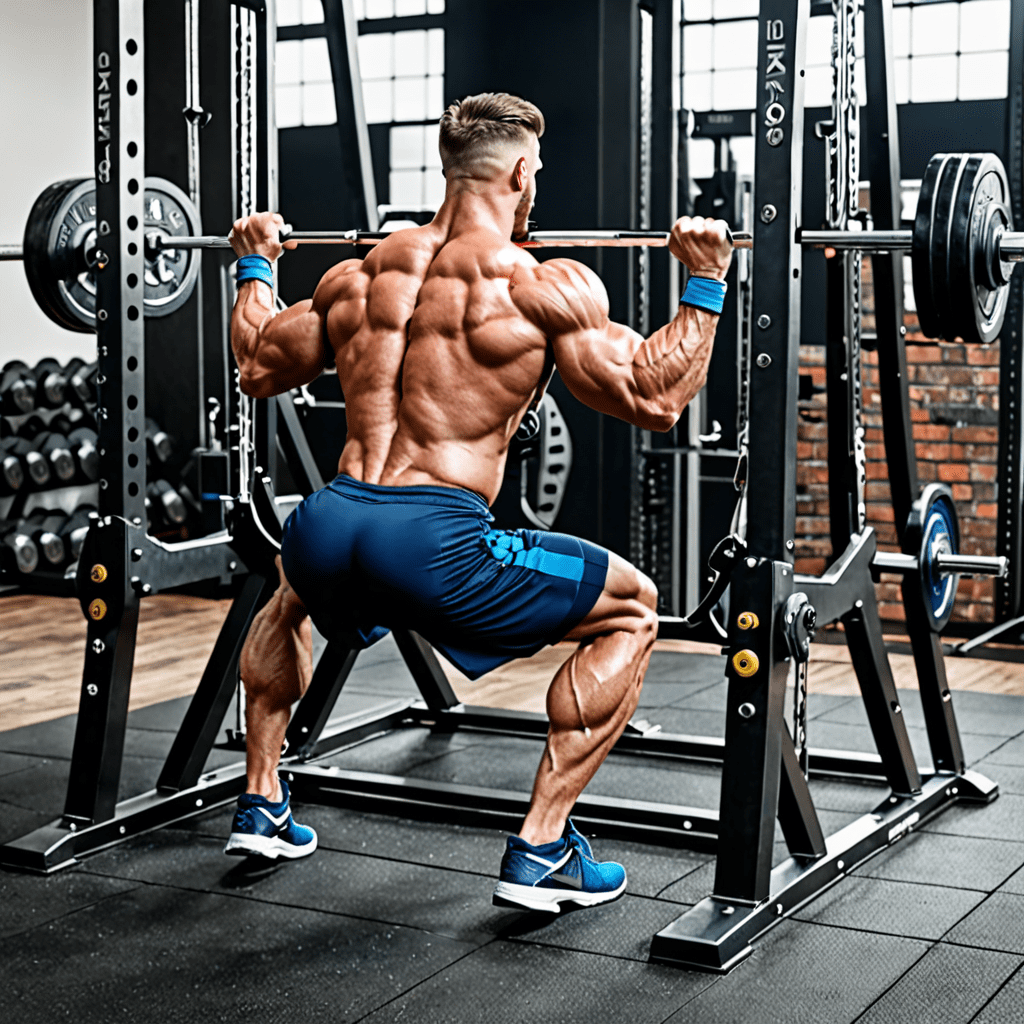
1. Importance of Hydration before, during, and after Workouts
Hydration is crucial for optimal performance and recovery during and after workouts. When exercising, the body loses fluids through sweat, which can lead to dehydration if not adequately replenished. Dehydration can impair cognitive function, reduce endurance, and increase the risk of injuries. Therefore, it is essential to stay hydrated before, during, and after workouts to maintain optimal physiological function and prevent adverse effects.
2. Role of Water in Post-Workout Recovery
Water plays a vital role in post-workout recovery by facilitating several physiological processes. It helps to:
Flush out metabolic waste products: Exercise produces metabolic waste products such as lactic acid, which can cause muscle soreness and fatigue. Water helps to flush these waste products out of the body, reducing muscle discomfort and promoting recovery.
Replenish lost fluids: As mentioned earlier, exercise leads to fluid loss through sweat. Replenishing these fluids with water helps to restore hydration status and prevent dehydration, which can hinder recovery.
Transport nutrients to muscles: Water is essential for transporting nutrients, such as glucose and amino acids, to muscles. These nutrients are crucial for repairing and rebuilding muscle tissue after a workout.
3. Mechanisms of Hydration and Recovery
The mechanisms by which hydration facilitates post-workout recovery involve several physiological processes. Water helps to:
Reduce inflammation: Dehydration can trigger inflammation, which can further delay recovery. Water helps to reduce inflammation by diluting inflammatory markers and promoting blood flow to muscles.
Enhance blood flow: Hydration improves blood flow to muscles, delivering oxygen and nutrients essential for recovery.
Promote muscle protein synthesis: Water is necessary for muscle protein synthesis, the process by which muscles repair and rebuild after a workout.
4. Recommended Water Intake Guidelines for Post-Workout
The recommended water intake after a workout depends on several factors, including workout intensity, duration, and individual sweat rate. However, a general guideline is to consume:
8-12 ounces of water every 15-20 minutes during exercise
16-24 ounces of water immediately after exercise
Continue to drink water regularly throughout the day
5. Signs and Symptoms of Dehydration
It is important to be aware of the signs and symptoms of dehydration, especially after a workout. These include:
Thirst
Dry mouth
Headache
Fatigue
Muscle cramps
Dark urine
- Reduced urine output
If you experience any of these symptoms, it is crucial to seek medical attention immediately.
6. Tips for Staying Hydrated during Post-Workout
To ensure adequate hydration after a workout, consider the following tips:
Carry a water bottle with you. This makes it easy to stay hydrated throughout the day, including during and after workouts.
Drink water before you feel thirsty. Thirst is a late sign of dehydration, so it's better to stay ahead of it.
Choose water over sugary drinks. Sports drinks can be helpful for replenishing electrolytes during intense or prolonged workouts, but water is generally the best choice for hydration.
- Hydrate gradually. Drinking too much water too quickly can lead to stomach discomfort. It's better to sip on water throughout the day.
7. Electrolyte Replacement: Importance and Sources
Electrolytes are minerals that play a crucial role in fluid balance and muscle function. They can be lost through sweat during exercise, so it may be necessary to replenish them after a workout.
Sources of electrolytes include:
Sports drinks: Sports drinks typically contain electrolytes such as sodium, potassium, and chloride.
Coconut water: Coconut water is a natural source of electrolytes, making it a good post-workout hydration option.
Foods: Foods rich in electrolytes include bananas, avocados, and leafy green vegetables.
8. Role of Carbohydrates in Post-Workout Recovery
Carbohydrates are an important source of energy for muscles. After a workout, it's beneficial to consume carbohydrates to replenish glycogen stores and aid in muscle recovery.
Good sources of carbohydrates for post-workout include:
Whole grains: Whole grains, such as brown rice, quinoa, and oatmeal, are good sources of complex carbohydrates.
Fruits: Fruits provide natural sugars and other nutrients essential for recovery.
Sports drinks: Sports drinks typically contain carbohydrates, which can help to replenish glycogen stores.
9. Protein Intake for Muscle Repair and Recovery
Protein is essential for muscle repair and growth. After a workout, it's recommended to consume protein to stimulate muscle protein synthesis and aid in recovery.
Good sources of protein for post-workout include:
Lean meats: Lean meats, such as chicken, fish, and turkey, are excellent sources of protein.
Dairy products: Dairy products, such as milk, yogurt, and cheese, provide protein and other nutrients.
Plant-based proteins: Plant-based proteins, such as beans, lentils, and tofu, are good alternatives for vegetarians and vegans.
10. Nutritional Strategies for Maximizing Hydration and Recovery
To maximize hydration and recovery after a workout, consider the following nutritional strategies:
Consume a balanced meal within 1-2 hours after exercise. This meal should include carbohydrates, protein, and fluids to replenish energy stores and aid in muscle recovery.
Hydrate regularly throughout the day. It's important to stay hydrated before, during, and after workouts, as well as throughout the day.
Consider electrolyte supplements if needed. If you engage in intense or prolonged exercise, you may need to supplement with electrolytes to prevent or treat dehydration.
- Get enough sleep. Sleep is essential for muscle recovery and overall health. Aim for 7-9 hours of sleep each night.
FAQ
Q: How much water should I drink after a workout?
A: The recommended water intake after a workout is 16-24 ounces, in addition to the water consumed during exercise.
Q: What are the signs of dehydration after a workout?
A: Signs of dehydration after a workout include thirst, dry mouth, headache, fatigue, and muscle cramps.
Q: What foods are good for replenishing electrolytes after a workout?
A: Good sources of electrolytes for post-workout include sports drinks, coconut water, bananas, avocados, and leafy green vegetables.
Q: How much protein should I consume after a workout?
A: The recommended protein intake after a workout is 0.14-0.23 grams per pound of body weight.


